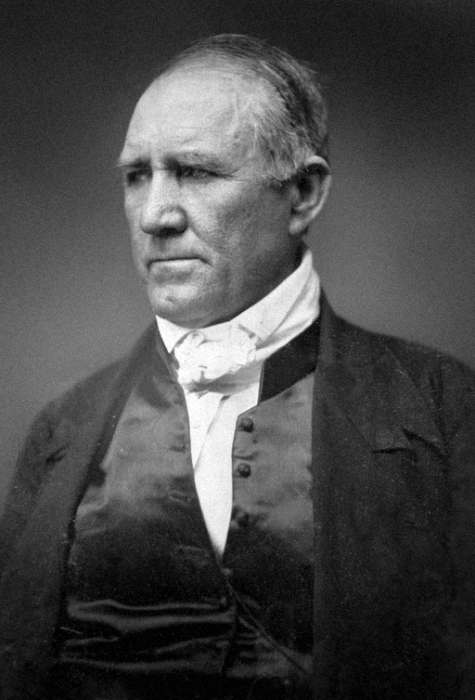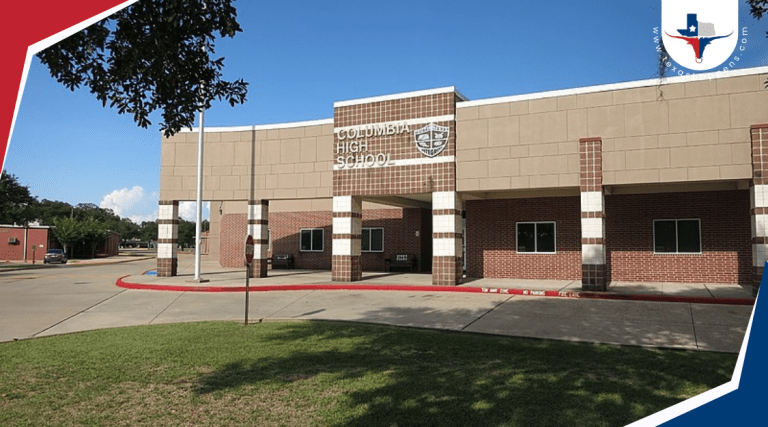Djmaschek, West Columbia TX High School, CC BY-SA 4.0
West Columbia, previously known simply as Columbia, is located in the west central part of Brazoria County, Texas. Positioned along the bustling trade routes, this town’s roots stretch back to the early 19th century. Established in 1826 by settlers seeking new opportunities, Colombia quickly became a hub of cultural exchange and economic activity. Its rich history reflects the enduring connections and shared heritage between Colombia and Texas, shaping the unique character of this remarkable town..
Early Economic Development
View this post on Instagram
The Brazos and San Bernard rivers played a crucial role in the early economic development of West Columbia, Texas. The Brazos River, in particular, served as a major transportation route, providing a navigable waterway that connected West Columbia to other markets. This river facilitated the export of key agricultural products, especially cotton, which was a significant cash crop in the area.
The Brazos River connected the town to larger ports along the Gulf of Mexico, enabling the export of cotton and livestock. Riverboats and barges transported these goods, making West Columbia a central point for trade in the region. Additionally, overland routes, including wagon trails and roads, linked West Columbia to nearby towns, facilitating the movement of cattle and other agricultural products.
Cotton was the primary cash crop, and the establishment of cotton gins and warehouses helped process and store the crop for shipment. Livestock raising, particularly cattle ranching, was also significant, with cattle drives bringing livestock to market. The region produced various other crops and goods that were traded locally and regionally, further supporting the local economy.
Cultural and Social Contributions
The town’s founding in 1826 by Josiah Hughes Bell attracted a diverse group of settlers, including Anglo-Americans, Mexicans, and Europeans, who brought with them various customs, traditions, and skills. These early settlers established farms, businesses, and institutions that formed the backbone of the community. Their efforts in building infrastructure, such as schools, churches, and public buildings, laid the foundation for a stable and thriving society.
For instance, Mexican settlers introduced elements of their culture, including cuisine, music, and festivals, which became integrated into the broader Texan culture. Similarly, European immigrants contributed to architectural styles and agricultural techniques that influenced the development of the region.
Political Significance

As tensions between Texan settlers and the Mexican government escalated, West Columbia became a center of revolutionary activity. In 1836, following the victory at the Battle of San Jacinto, the town briefly served as the first capital of the Republic of Texas.
West Columbia hosted several important meetings and events during this formative period. On October 22, 1836, Sam Houston was inaugurated as the first president of the Republic of Texas in West Columbia. This event symbolized the transition from Mexican rule to an independent Texan government.
Notable Figures

West Columbia, Texas, has been shaped by several influential individuals who have left a lasting legacy on the town and the state. Their contributions to the community and the broader Texan society highlight the historical significance of West Columbia.
Josiah Hughes Bell:
- Contribution: Founder of West Columbia, established the town in 1826.
- Impact: His efforts in creating the settlement provided the foundation for the community’s growth and development.
Sam Houston:
- Contribution: Inaugurated as the first president of the Republic of Texas in West Columbia on October 22, 1836.
- Impact: His leadership was pivotal in securing Texas’s independence and shaping its early government.
Jane Long:
- Contribution: Known as the “Mother of Texas,” she resided in West Columbia and was one of the earliest Anglo settlers in Texas.
- Impact: Her presence and resilience symbolized the pioneering spirit of early Texas settlers.
Stephen F. Austin:
- Contribution: Known as the “Father of Texas,” Austin played a crucial role in the settlement and colonization of Texas, including areas around West Columbia.
- Impact: His leadership and vision attracted settlers to the region, fostering its development and growth.
Conclusion
From its founding by Josiah Hughes Bell to its role in the Texas Revolution and beyond, West Columbia has been shaped by diverse influences and notable figures.


